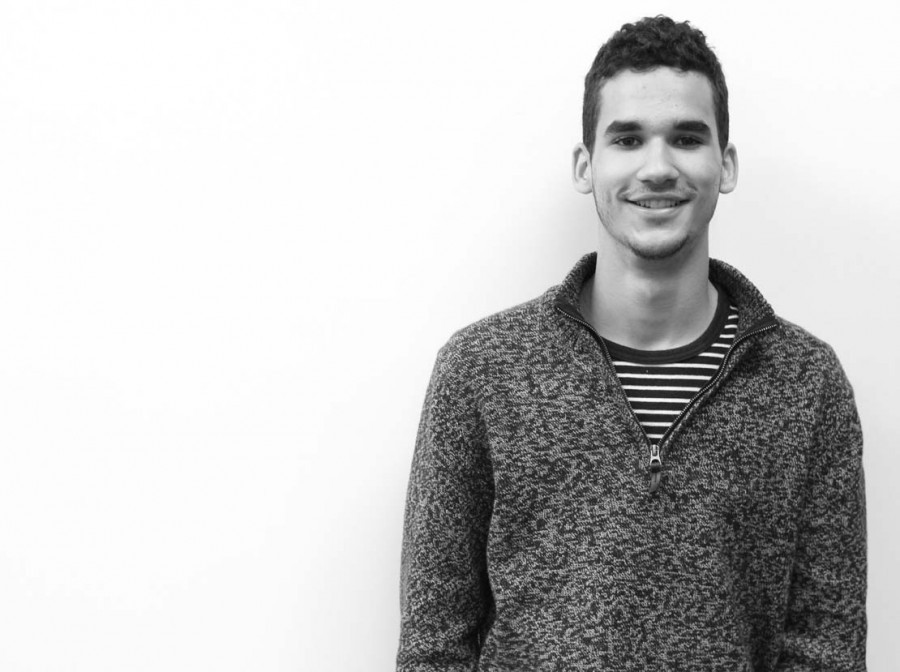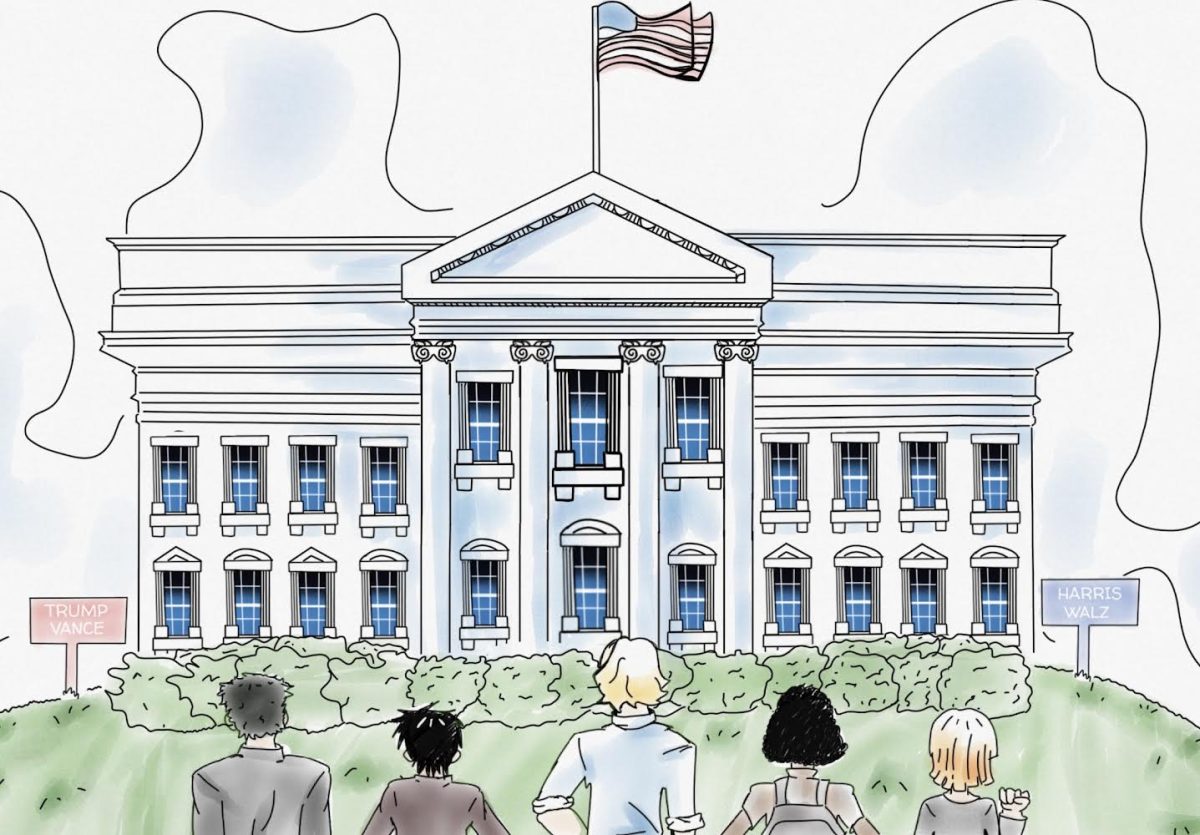I once got in trouble for calling the assistant principal a fascist. This was back when I wasn’t certain of what a fascist was, but applied it to the most evil of history. That’s how school made me feel.
I was sent towards the office, yelling that I thought this was America. My science teacher was at the top of the stairway as I went up, and next to him was a secretary. She responded, “It’s not anymore.”
In the principal’s office, I argued my case and the police officer was brought in. She told me I couldn’t get in trouble because I hadn’t cussed. So I was clean.
As I did then, I don’t understand the purpose of the education system. It doesn’t make sense that an institution that claims to incorporate the love of learning marginalizes a student’s ability into five letters, symbols for a range of numbers. Here we are numbers first, not names. Class is scrutiny, not encouragement.
By trying to gauge intelligence, students are reduced to the contours of another’s mind. We lose focus that the object of learning is to enhance the human experience and transcend above problems. Instead, we are fed with competition. Always trying to better our rank and push more people, or as the institution sees, numbers, down into a false sense of inferiority.
This breeds three generalized people. One who is stressed over grades, feeling as though GPA is really the key to his future, disregarding its stint on creativity’s growth. Another who condemns the system, doesn’t care for it and associates all learning with put-downs and numerical reprimands. The third manipulates the system. He realizes its folly and the futility to go against it, while still maintaining the fact he is something more than college acceptance.
Instead of funding stationary institutions, tax money could go towards advanced study abroad programs. Culture and language would be more diffused. Peace would be more achievable and students’ identities would be broadened as they experience other ways of life.
In between destinations, on planes and ships, lessons would be given.
Students should be international citizens, open to the world.
There would be a shift in national dignity. The ethics of a country would be judged on how they treat its students. The North Korea of the future would keep the students within borders.
Although there are implications of danger for the student, this would be for young adults, high school to college age. Elementary and middle schools would be small, focused units. Smaller classes lend to more open discussion and deeper investigation of questions. Here, curiosity would be encouraged and built up until finally setting off, learning about the world and studying higher levels of thought.
A small group of teenagers could act as the trial for these ideas. When successful, the process would grow in popularity. And step-by-step international students will shape and refine the future.
If students all over, or as adults with power in the future, realize the crippling effects of the current system on originality, it can be reformed. We are the majority and among us there are those who can change the current constructs of judgment into think tanks, not thought control. This is only the most rational of choices. We are autonomous beings capable of thought. We should be able to have a say in how we should be taught.
It is not rational, however, to create a system that objectifies the subjectivity of the human mind.
When the creative are rationalized, they are diminished and devalued.
When the logical are pitted against each other, cognition is in the background of competition.
The rebellious spirit of adolescence is nearly extinguished every time it fails for not thinking right, when it is put under pressure to be something other than its nature, when it is told moment after moment, “This is a competition, your mind is not for you to use, but for us to evaluate,” when this happens, wrath and confusion ensue and the psyches of many are disturbed.
There is no point to cause this type of thinking and feeling to the group that will become the future. There is no set value to the intangibility of the mind.
Education should enliven our reality, pushing us towards compassion and spontaneity, so that we may solve problems with love in ways never thought possible.






